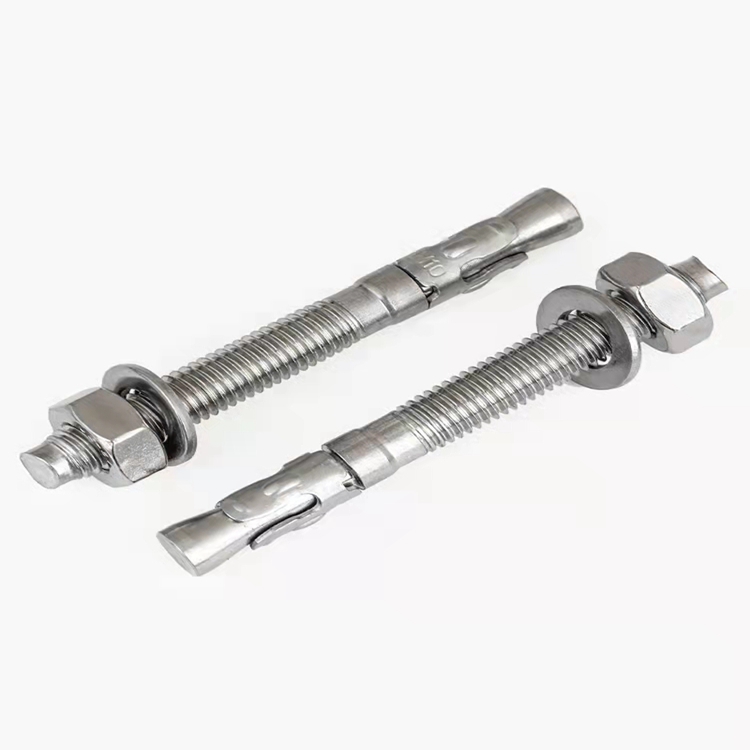DIN 981 Locknuts - Precision Engineering Fasteners
Sep . 11, 2024 20:14 Back to list
DIN 981 Locknuts - Precision Engineering Fasteners
The Importance of DIN 20981 Locknuts in Modern Engineering
In today's rapidly advancing industrial landscape, the convergence of safety, efficiency, and reliability is paramount. Among the myriad components that ensure the integrity of machinery and structural assemblies, DIN 20981 locknuts stand out as crucial elements. Originating from the German Institute for Standardization (DIN), these locknuts are engineered with precision to prevent loosening under vibration and dynamic loads, making them invaluable in various applications across multiple industries.
The Importance of DIN 20981 Locknuts in Modern Engineering
One of the key features of DIN 20981 locknuts is their unique design, which often incorporates one or more mechanisms to prevent loosening. These mechanisms can include nylon inserts, serrated edges, or other innovative locking features that grip tightly to the threads of the bolt. This ensures that even under the influence of vibration and external forces, the nut remains securely fastened. As a result, the use of DIN 20981 locknuts significantly enhances the longevity and safety of machinery, reducing the risk of mechanical failure.
din 981 locknuts companies

Various industries have recognized the importance of these locknuts. In the automotive sector, for instance, they are widely used in assembly lines, ensuring that critical components such as wheels and engine parts remain securely attached throughout the vehicle's lifespan. Similarly, in the aerospace industry, where safety is paramount, DIN 20981 locknuts contribute to the structural integrity of aircraft, preventing any disintegration that could lead to catastrophic failures.
Choosing the right supplier of DIN 20981 locknuts is essential for manufacturers and engineers. There are numerous companies that specialize in producing these high-quality locknuts. These firms prioritize adherence to DIN standards, ensuring that their products not only meet but exceed customer expectations. They often invest in advanced manufacturing technologies and rigorous quality control measures, allowing them to deliver reliable and consistent products.
Furthermore, in an era focused on sustainability, many manufacturers are taking steps to reduce the environmental impact of their production processes. Employing recycled materials and efficient manufacturing techniques, leading companies in the sector are setting new standards for eco-consciousness without compromising quality.
In conclusion, DIN 20981 locknuts play a vital role in enhancing the performance and safety of mechanical and structural systems. As industries continue to evolve, the demand for reliable fastening solutions will only increase. Companies that supply these high-quality locknuts contribute significantly to the efficiency and longevity of machinery, underscoring their importance in modern engineering. As technology progresses, we can expect further innovations in locknut design and application, ensuring continued safety and reliability in various fields.
Latest news
-
Durable and Versatile Square U Bolts for Industrial and Construction Use
NewsNov.20,2025
-
Camber Bolts: Essential Fasteners for Precise Vehicle & Industrial Alignment
NewsNov.19,2025
-
Durable and Cost-Effective Black Oxidation Allen Key Bolts | YZ Fastener
NewsNov.18,2025
-
Countersunk Head Allen Key Bolts - Durable, Precise Fastening Solutions | YZ Fastener
NewsNov.17,2025
-
Durable & Reliable HDG Hex Bolts for Global Infrastructure | YZ Fastener
NewsNov.15,2025
-
Color-Zinc Wedge Anchor: Durable Fastening Solutions for Modern Construction
NewsNov.14,2025
